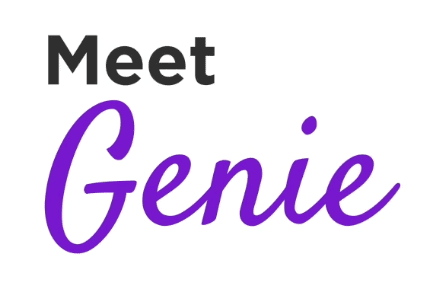What we specialise in...
Jan-Mar, Jan 7, 2023
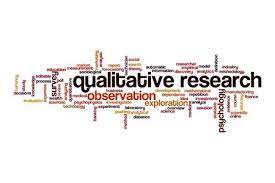
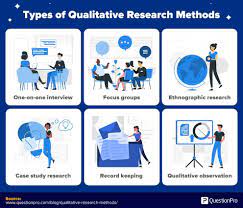
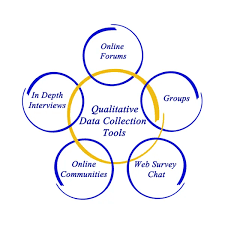

Cognitive empathy has very imposingly taken over the centre stage on the research world. When we say cognitive empathy, it is about recognising the cognitive experience of the other. As researchers, we have to sometimes move away from positivism and start to move into the cognitive sphere of what other make or believe of their realities. It is increasingly getting important as positivism can establish relationships, but it doesn’t tell about why and how the relationship came to existence. This is what we specialise in.
“We build cognitive models that explain the reality around us based on user experiences”
We do qualitative research as we firmly believe that there is more to research than just empiricism and foundationalism. It is not always about frequencies, deviation or quantity, as it is the situational constraints that need all the attention. We prefer to undertake a value-driven interpretive methodology for understanding how social experiences are created and the underlying nature of reality.
The design of our work is purposeful, emergent and naturalistic...
We strive to undertake research which are non-controlling and non-manipulative...just as they are – real world
We seek out new discoveries as they emerge out of the phenomenon
We keep it ‘information rich’ so that incidences, events, cultures, communities and organizations are studied in proper depth
Why the specialisation?
APR-JUNE, Apr 7, 2023

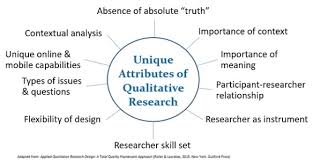

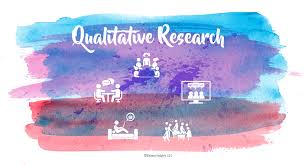
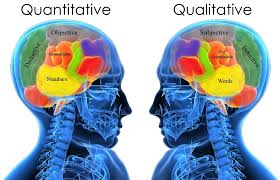
Why cognitive empathy?
One would agree that marketers and academics, alike, are getting more interested in uncovering the emotions that run a decision-making process. Contrary to what a quantitative study does, a qualitative study tries to uncover the feelings and emotions that play the critical part. In the real world, it is nothing but genuine conversations that can help us explore these feelings and emotions. Also, from a marketer’s perspective, it is strategically very important to listen to the voice of the customer. Merely looking at excel-sheets or statistical data would not help you unravel the emotional complexities that lead to opinions, experiences, feelings and views.
We seek specialisation in qualitative research as we are immensely interested in decoding the emotional experience. Be it a student, marketers or researcher, we go all out to search qualitative data that truly resonates what the consumers, individuals or the people think or perceive about their world. We provide a thick description to people’s personal perspectives by carefully conducting case-studies in live scenarios. In doing so we take utmost care of
Empathic Neutrality
Personal Engagement
Unique Case Orientation
Inductive Analysis
Context Sensitivity
Reflexivity
Holistic Perspective
Our Tools for Qualitative Insights

AQUAD 8 is a prominent open-source software that is used exclusively for the analysis of texts, audio recordings, graphical materials and videos. Both AQUAD 8 and AQUAD 7 are based on LAZARUS 2.0 10/FPC version 3.2.0 under the terms of the GNU General Public License v3. The software comes with scripts for multidimensional scaling, cluster analysis, data plots, correlation calculation and distribution description.
QDA Miner is widely used as an ‘easy-to-use’ software for qualitative data analysis for analyzing, retrieving, annotating, coding and organizing collections of textual data, images and documents. The tool is particularly very useful in analyzing interview transcripts, focus group data, books, speeches, journal articles and legal documents. QDA Miner brings together SimStat and WordStat for achieving greater results with text mining and content analsis. Content is seamlessly integrated as structure information towards an objective analysis of data.
HyperRESEARCH is one of QDA tools that work on qualitative data. The software has widely been appreciated for retrieval, analysis and reporting of textual data through a suite of tools. You can visualise your data under different codes or word clouds. The built-in reference-based engine is of significant use in tracking complex code relationships and creating a robust model. One can even go beyond coding for testing a hypothesis through Theory Builder.
Popular Post
Qualitative Research Trends of the Future: A Talk with Jim Longo
https://www.discuss.io/blog/qualitative-research-trends-of-the-future-a-talk-with-jim-longo/
Qualitative Research Trends of the Future: A Talk with Jim Longo
https://www.discuss.io/blog/qualitative-research-trends-of-the-future-a-talk-with-jim-longo/
Follow Me
Some text..
